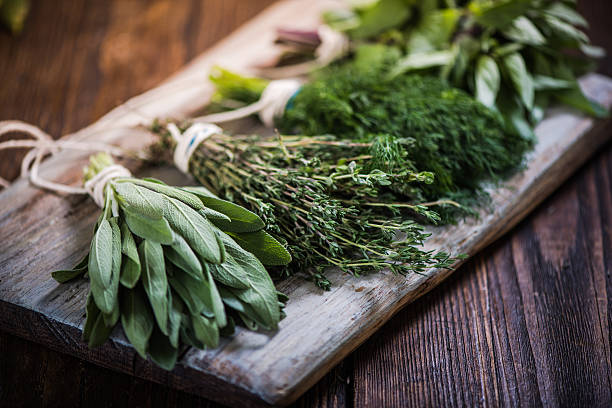The Rejuvenating Journey of Phytotherapy in Beauty and Fitness
Phytotherapy, an ancient practice of using plant extracts for medicinal and cosmetic purposes, has evolved into a widely accepted phenomenon in the beauty and fitness industry. This article delves into the history, current trends, and the transformative impact of phytotherapy on self-care, wellness, and beauty.

The Roots of Phytotherapy: A Historical Perspective
Phytotherapy, also known as herbal medicine, traces its origins back to the dawn of human civilization. Ancient cultures, including the Egyptians, Greeks, and Chinese, were adept at harnessing the therapeutic benefits of plants for various health and cosmetic purposes. The wisdom of these ancient traditions continues to influence modern practices, providing a strong foundation for the current phytotherapy trend in the beauty and fitness industry.
Plant Power: Current Trends in Phytotherapy
The revival of natural and organic beauty practices has propelled phytotherapy to the forefront of the beauty and wellness industry. Today, skincare and fitness brands are increasingly infusing their products with botanical extracts, citing their inherent healing, rejuvenating, and beautifying properties.
Renowned dermatologists and fitness experts endorse the use of plant-based products for their high nutrient content and minimal side effects. For instance, Lavender is known for its soothing and calming properties; Turmeric, with its anti-inflammatory benefits, promotes clear, glowing skin; and Ginseng is celebrated for its energy-boosting properties.
Phytotherapy: Impact and Market Relevance
The shift towards natural and sustainable skincare and fitness solutions has led to a surge in the popularity of phytotherapy. According to Grand View Research, the global herbal beauty products market is expected to reach USD 120.8 billion by 2027, growing at a CAGR of 5.0% from 2020 to 2027.
This growth is driven by increasing consumer awareness about the harmful effects of synthetic ingredients and a rising inclination towards clean, green beauty. The market’s expansion is also fueled by advancements in plant-based product formulation technologies, which allow for the extraction and preservation of potent plant compounds.
The Benefits of Phytotherapy: A Deeper Look
Phytotherapy offers a plethora of benefits for both beauty and fitness enthusiasts.
For skincare, plant extracts are known to nourish, hydrate, and protect the skin, thanks to their rich content of vitamins, antioxidants, and essential oils. These natural compounds help combat signs of aging, reduce inflammation, and promote a radiant complexion.
In fitness, phytotherapy plays a crucial role in enhancing performance and recovery. Certain herbs, such as Rhodiola Rosea and Ashwagandha, are known to boost energy levels, improve endurance, and support muscle recovery.
Evidence-Based Recommendations: Embracing Phytotherapy
Despite the hype, it’s essential to approach phytotherapy with a discerning eye. Not all plant-based products are created equal, and some may even deliver adverse effects. Therefore, it’s crucial to choose products from reputable sources that use high-quality, organically grown plants.
It’s equally important to remember that while phytotherapy can support beauty and fitness goals, it’s not a magic bullet. It should be incorporated as part of a holistic approach to self-care, which includes a balanced diet, regular physical activity, and adequate sleep.
In conclusion, phytotherapy, with its rich history and modern-day significance, offers a promising, natural alternative in the beauty and fitness industry. Its growth is a testament to the increasing desire for natural, sustainable self-care solutions that contribute to a healthier, more radiant self.






